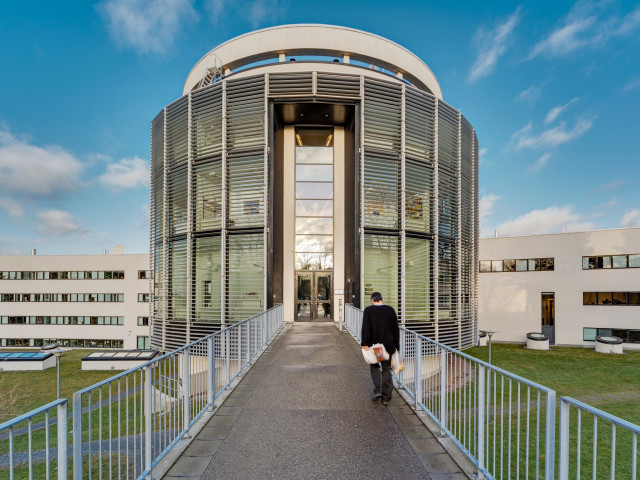Being a core discipline in nuclear engineering, the course focuses on fundamental concepts in reactor physics as well as basic physical processes that determine operation of nuclear reactors and some other related subjects. The course gives a gentle introduction to the following topics:
- Nuclear fission and chain reaction;
- Neutron thermalisation;
- Neutron diffusion equation;
- Reactor kinetics and reactor dynamics;
- Monte Carlo methods;
- Nuclear fuel cycle and nuclear waste management;
- Reactor types and future Generation IV reactors;
- Accelerator Driven Systems and transmutation;
- Basic principles and modern issues of nuclear power safety.
